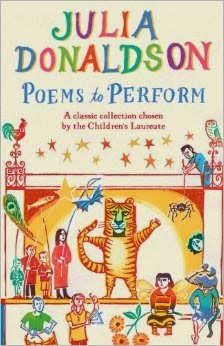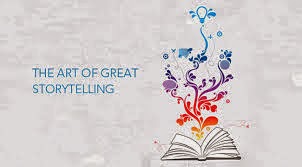Slice Of Life Tuesday-A Notable Week For Notebook Entries

Some weeks in my writing life result in a large number of notebook entries. Entries varied and holding great personal satisfaction for me as writer, as a collector. This last week has provided quite a harvest of potential writing ideas. I began the week writing about a brief encounter. I had been talking to teachers about assisting students to write about small moments and found myself thinking about a personal experience. An experience from my teenage years. ‘Sometimes you find yourself in the right place at the right time. I recall standing beside a creek not far from my childhood home. The forest around me was briefly quiet allowing the flow of the creek to be clearly heard. It flowed by, murmuring a soft flub-flub as it cornered the bank. Suddenly a mid –sized fish, a trout, I suspect, broke the surface of the stream, heaving its body upwards as if shot from a cannon. It disappeared with a watery slap of bubbles and foam. The surface of the water quickly regainin







